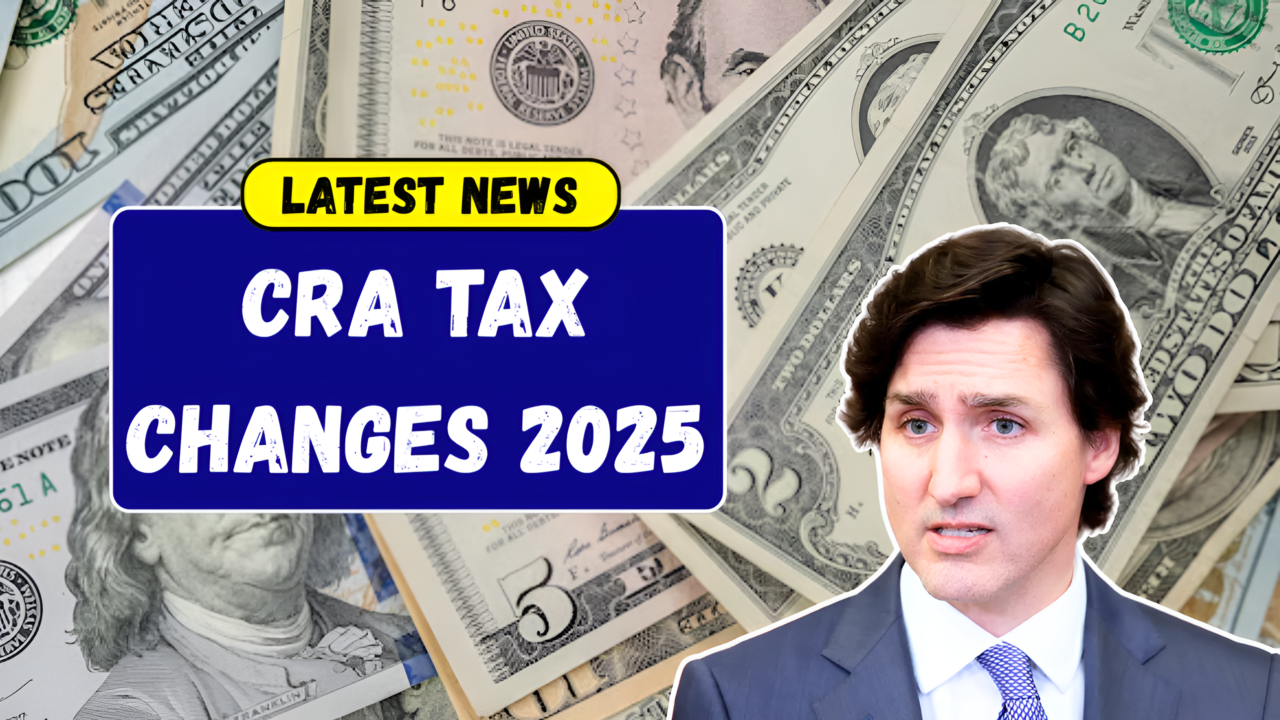The Canada Revenue Agency (CRA) has implemented several critical updates to the tax rules for 2025, ensuring the system remains efficient, secure, and equitable. These changes will affect individuals, businesses, and trustees. In this guide, we’ll examine the updates and their implications for taxpayers.
Changes to Filing Deadlines
The CRA’s filing deadlines for 2025 remain consistent, but clarifications have been added to avoid penalties:
- April 30, 2025: Most individuals must file their income tax and benefit returns and pay any taxes owed by this date.
- June 15, 2025: Self-employed individuals and their spouses or common-law partners benefit from extended filing deadlines, but taxes owed are still due by April 30.
Timely filing is vital to avoid penalties and interest charges. Consider leveraging CRA’s updated tools for smooth compliance.
Enhanced Digital Services
The CRA has launched innovative features to simplify tax filing and account management:
- Document Verification Service: Immediate identity verification lets taxpayers access CRA accounts faster, bypassing mailed security codes.
- Online Chat in My Account: Live assistance for account-specific queries is now available through My Account.
- Unified Sign-In: A single sign-in enables access to all CRA portals, including My Account, My Business Account, and Represent a Client.
These digital upgrades streamline processes, making tax filing faster and more user-friendly.
Alternative Minimum Tax (AMT) Updates
The CRA has revised the AMT calculation for 2024 and subsequent tax years. This adjustment ensures high-income earners contribute fairly while preserving incentives for investments and charitable donations. The changes aim to balance equity and economic opportunity.
Direct Deposit Policy Changes
As of March 24, 2025, direct deposit updates cannot be submitted through EFILE or phone. Taxpayers must use CRA accounts or financial institutions to modify direct deposit information. This policy prioritizes security, reducing fraud risks.
Trust Reporting Requirements
Trustees face more stringent reporting mandates to enhance transparency and prevent tax evasion. Detailed records of trust beneficiaries, assets, and activities are now required. Compliance demands careful documentation and accountability.
Business Tax Updates
Businesses must adapt to several changes in the CRA tax rules:
- Short-Term Rental Income: Adjustments affect deductions for income earned through platforms like Airbnb.
- Capital Gains Taxation: New regulations refine tax treatments for capital gains.
- Information Return Filing: Simplifications aim to reduce administrative burdens for businesses.
These changes align with the CRA’s commitment to a fairer, more transparent tax system.
Expanded Tax Benefits and Credits
Taxpayers can benefit from various deductions and credits, including:
- Northern Residents Deductions: Relief for travel and living expenses in northern and isolated areas continues to be available.
- Housing-Related Savings: New measures help homeowners and renters reduce housing expenses.
Claiming these benefits requires awareness and proactive planning.
Strengthened Security Protocols
To protect personal information, the CRA has enhanced its security measures:
- Monitoring accounts for suspicious activity.
- Prompts for regular updates to passwords and security questions.
Taxpayers should take advantage of these features to safeguard their accounts.
Navigating the Changes
The CRA’s tax changes demand an informed and proactive approach. To navigate these updates:
- Explore CRA Tools: Utilize enhanced digital services for convenience.
- Prepare Early: Organize necessary documents ahead of deadlines.
- Maximize Benefits: Familiarize yourself with eligible deductions and credits.
- Stay Compliant: Adjust to new deadlines, policies, and reporting requirements.
Impact Across Taxpayer Categories
These updates affect various groups:
- Individuals: Enjoy improved account access and filing systems, alongside strengthened security measures.
- Businesses: Adapt to changes in deductions and reporting rules to ensure compliance.
- Trustees: Manage detailed reporting requirements with accurate records and transparent practices.
Conclusion
The CRA’s 2025 tax changes reflect its commitment to improving Canada’s tax system for individuals, businesses, and organizations. With enhanced tools, stricter policies, and expanded benefits, taxpayers can experience a more streamlined and secure process. Staying informed and organized will be key to maximizing opportunities while maintaining compliance.
Whether you’re filing as an individual, managing a business, or overseeing a trust, these updates offer pathways to optimize your financial planning and contribute to a fairer system for all.
F&Q
1. Has the CRA changed the 2025 tax filing deadline?
No, the deadline remains April 30 for most individuals and June 15 for the self-employed (though payment is due by April 30).
2. How can I update my direct deposit info now?
As of March 24, 2025, you must update direct deposit details through CRA’s online services or your financial institution—not by phone or EFILE.
3. What’s new for businesses in 2025?
Businesses must adjust to new rules on short-term rental income, capital gains taxation, and simplified information return filing.
4. What are the major digital upgrades from CRA?
New features include instant identity verification, online chat in My Account, and unified sign-in across all CRA platforms.
5. What are the trust reporting changes?
Trustees must now report detailed information about beneficiaries, assets, and trust activities to improve transparency and compliance.


